The views expressed in our content reflect individual perspectives and do not represent the authoritative views of the Baha'i Faith.
When the weapons are in cowards’ hands, no man’s life and property are safe, and thieves only grow the stronger. When, in the same way, a far-from-perfect priesthood acquire control of affairs, they come down like a massive curtain between the people and the light of Faith. – Abdu’l-Baha, The Secret of Divine Civilization, p. 96.
Nasrin Sotoudeh, the world-renowned Iranian human rights attorney, has represented imprisoned Iranians like Nobel Peace Prize Laureate
Shirin Ebadi—and has herself been imprisoned for her defense of freedom. In 2012, Sotoudeh won the European Parliament’s Sakharov Prize, sharing the award with Iranian film director Jafar Panahi. Martin Schulz, the EU Parliament’s President, called Sotoudeh and Panahi “a woman and a man who have not been bowed by fear and intimidation and who have decided to put the fate of their country before their own.”
In 2011, Sotoudeh won the PEN/Barbara Goldsmith Freedom to Write Award for her work on behalf of the freedom of expression, and also won the Geneva Institute for Democracy and Development’s Giuseppe Motta Medal for exceptional achievement in the promotion of human rights.
The Iranian government arrested Sotoudeh in September of 2010 on charges of “spreading propaganda and conspiring to harm state security.” She was subsequently placed in solitary confinement in Evin Prison and sentenced to 11 years in prison. Despite her long sentence the government released her and ten other prisoners of conscience in 2013, just days before an address by Iranian President Hassan Rouhani to the United Nations.
This first-person account of her recent visit with the Baha’is of Semnan, Iran from Ms. Sotoudeh was originally published in late November of this year.
I had represented several Baha’is from the city of Semnan, and later on I also spent time in prison with some of them during my imprisonment.
The story of each of them is a developing saga. When I talk to them, some have just been released from prison, others are awaiting a prison sentence to be issued, and yet some others have a sentence issued and are waiting to be sent to prison for implementation.
Sussan Tebyanian is one of the Baha’i women whom I shared a prison cell with from April to September 2011. We connected on several fronts that we shared similarities. We both had two young children of the same age and worried about our children together. In the past three years since Sussan was released she has struggled with many problems. Similar to many other Baha’is in Semnan, she has faced difficult economic times and continues to.
Baha’is are banned from employment in the public sector and have turned mostly to private sector jobs like shop-keeping. Some have established factories and some others engage in agricultural activities. However, gradually their shops have been shuttered, their factories closed, and their land taken away, or now being taken away from them. This is akin to an economic blockade that makes earning a living and survival extremely difficult.
Sussan Tebanian was detained again in recent months and after 40 days in detention was released on bail, prosecuted again and sentenced to a one-year prison term. She is now awaiting its implementation.
Sahba Rezvani was another one of my cellmates. Last year, her brother, Atallah Rezavani was murdered in the city of Bandar Abbas and despite many follow-ups, no one has been identified as his murderer.
Last week, I went to Semnan to meet Sahba, Sussan, and other Baha’is of Semnan. I went there to tell them we are together and to express my solidarity with them. Because we are all Iranians, we are all humans, and we suffer common pains. The rights of all of us are violated, although the rights of Baha’is are violated more than most of us. Their right to employment, right to education, right to private property, and right to life …are all violated.
These days in our country, the news is not good: to be a communist, to be a Christian (especially a Muslim who has converted to Christianity), to be a Zoroastrian or a Jew, to be a liberal or secular … they are all castaways.
Even Muslims don’t have much security. The only accepted Muslims are those who are not reformist, not followers of Inter-universalism, not a Gonabadi Sufi, not an independent journalist, not a Muslim wanting separation of religion and politics, not an independent lawyer, and not anyone critical of state policies…
Indeed, with these designations, is there any Iranian who is safe from being detained?
You May Also Like
Comments



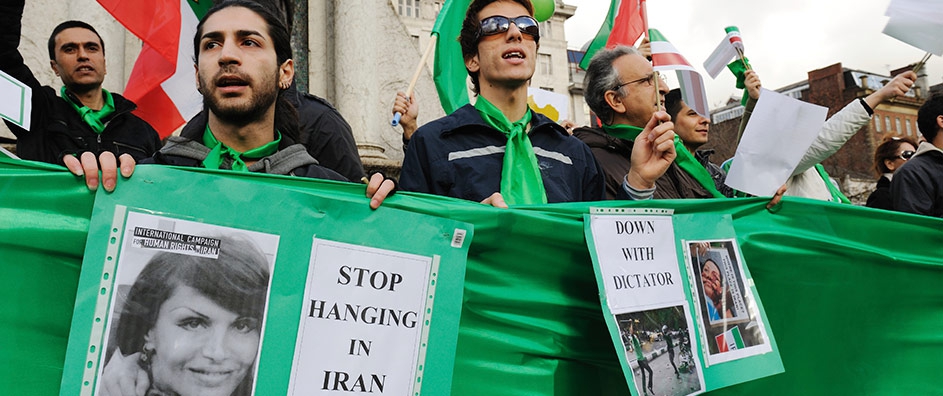
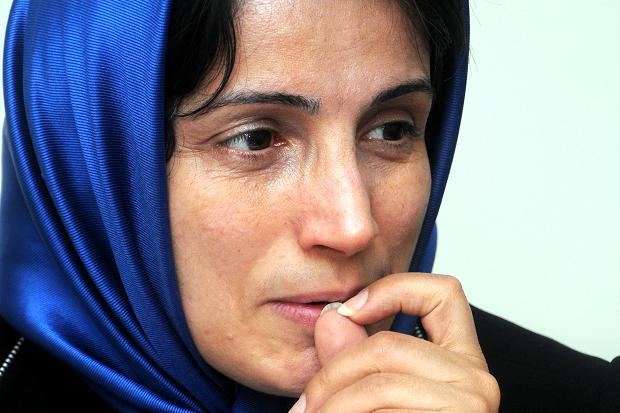
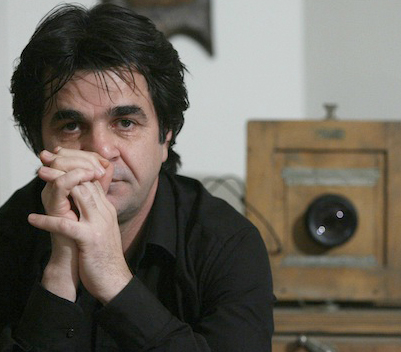
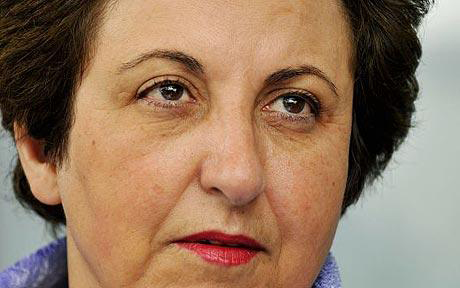
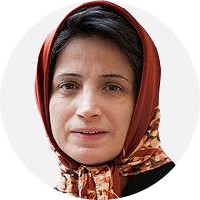
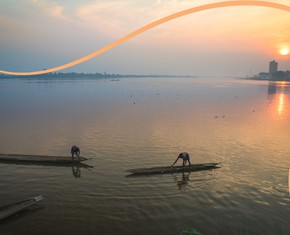
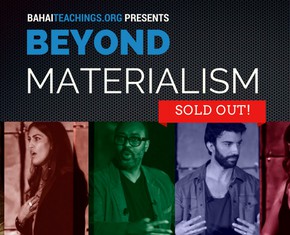
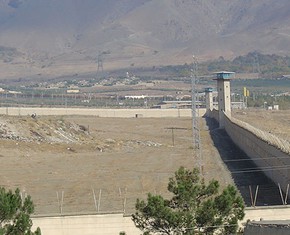









body are thirsty of there blood. Aventualy justice will privale .